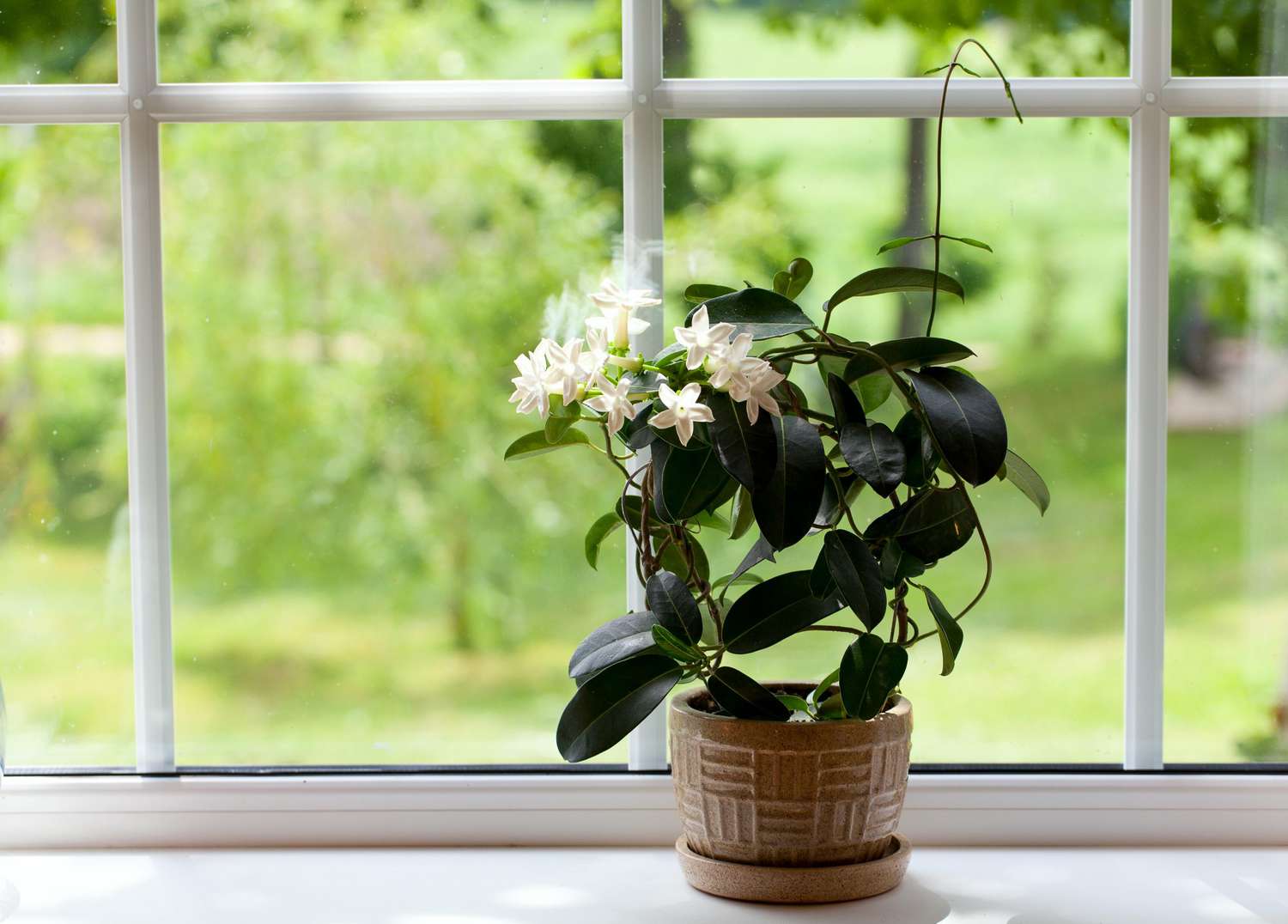
Jasmine is a delightful and fragrant flower that has captivated people around the world for centuries. Its mesmerizing scent and delicate beauty make it a popular choice for gardens, perfumes, and even teas. But did you know that there is much more to jasmine than meets the eye? In this article, we will uncover 12 astounding facts about jasmine that will surely pique your interest. From its origins in the tropical regions of Asia to its role in traditional medicine, you will discover why this flower has become a symbol of love, purity, and spirituality. So, grab a cup of jasmine tea, sit back, and immerse yourself in the wonderful world of jasmine.
Key Takeaways:
- Jasmine is a fragrant plant with over 200 species, used in teas, symbolizing love, and having health benefits. It’s also an insect repellent and a sacred flower in Hinduism.
- Jasmine’s sweet fragrance symbolizes love, purity, and hospitality. It’s used in skincare, haircare, and traditional medicine, making it a versatile and cherished plant worldwide.
Jasmine is a fragrant flowering plant.
Jasmine is known for its sweet and intoxicating fragrance, making it a popular choice for perfumes, essential oils, and aromatherapy products. Its delicate white flowers bloom in clusters, adding beauty and elegance to any garden.
There are over 200 species of jasmine.
With such a wide variety, jasmine plants can be found across many regions of the world. From the tropical climates of Asia to the temperate zones of Europe, each species of jasmine has its unique characteristics and uses.
Jasmine is often used in teas.
The delicate fragrance and soothing properties of jasmine make it a perfect addition to teas. Jasmine tea is made by blending green tea leaves with jasmine flowers, allowing the floral aroma to infuse into the tea and create a refreshing and calming beverage.
Jasmine has symbolic meanings in different cultures.
In many Asian cultures, jasmine symbolizes purity, love, and beauty. It is often associated with happiness, good luck, and spiritual enlightenment. Jasmine flowers are frequently used in traditional ceremonies, weddings, and rituals as a symbol of purity and devotion.
Jasmine is used in traditional medicine.
For centuries, jasmine has been used in traditional medicine systems like Ayurveda and Traditional Chinese Medicine. It is believed to have various health benefits, including reducing anxiety, promoting relaxation, improving sleep quality, and enhancing digestion.
Jasmine is an excellent natural insect repellent.
The strong scent of jasmine acts as a natural deterrent for mosquitoes, flies, and other insects. Planting jasmine near windows or outdoor seating areas can help keep pesky bugs away while adding a pleasant fragrance to the surroundings.
Jasmine is a symbol of love and romance.
In many cultures, jasmine is associated with love and romance. The intoxicating scent of jasmine flowers is often used to create romantic atmospheres and enhance the mood for special occasions.
Jasmine oil is used in skincare and haircare products.
The essential oil extracted from jasmine flowers is commonly used in skincare formulations due to its moisturizing and rejuvenating properties. It is believed to help fade scars, reduce the appearance of fine lines and wrinkles, and improve overall skin elasticity. Jasmine oil is also used in haircare products to add shine and enhance hair growth.
Jasmine is a symbol of hospitality.
In some cultures, offering jasmine flowers to guests is a gesture of hospitality and welcome. The sweet aroma of jasmine is believed to create a warm and inviting atmosphere, making guests feel comfortable and cherished.
Jasmine is a climbing vine.
Many jasmine species are climbing vines that can reach impressive heights. They twine around trellises, fences, and other structures, creating a visually stunning display of foliage and flowers.
Jasmine blooms primarily in the summer.
Most jasmine species bloom during the summer months when the temperatures are warm and sunlight is plentiful. The blooming period can vary depending on the species and location, but it is during this time that the fragrance and beauty of jasmine are at their peak.
Jasmine is a sacred flower in Hinduism.
Jasmine holds great significance in Hindu religious ceremonies and rituals. It is often offered to deities as a symbol of devotion and purity. The presence of jasmine flowers is believed to bring positive energy and blessings into homes and sacred spaces.
Jasmine's allure extends beyond its fragrant blooms and symbolic meanings. From the captivating life of Jasmine Lennard to the nutritional benefits of cooked jasmine rice, there's more to explore about this enchanting plant. Uncover additional astonishing facts that will leave you even more enamored with jasmine's beauty and significance.
Was this page helpful?
Our commitment to delivering trustworthy and engaging content is at the heart of what we do. Each fact on our site is contributed by real users like you, bringing a wealth of diverse insights and information. To ensure the highest standards of accuracy and reliability, our dedicated editors meticulously review each submission. This process guarantees that the facts we share are not only fascinating but also credible. Trust in our commitment to quality and authenticity as you explore and learn with us.
